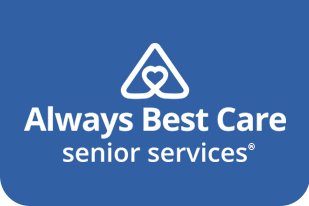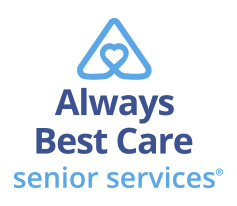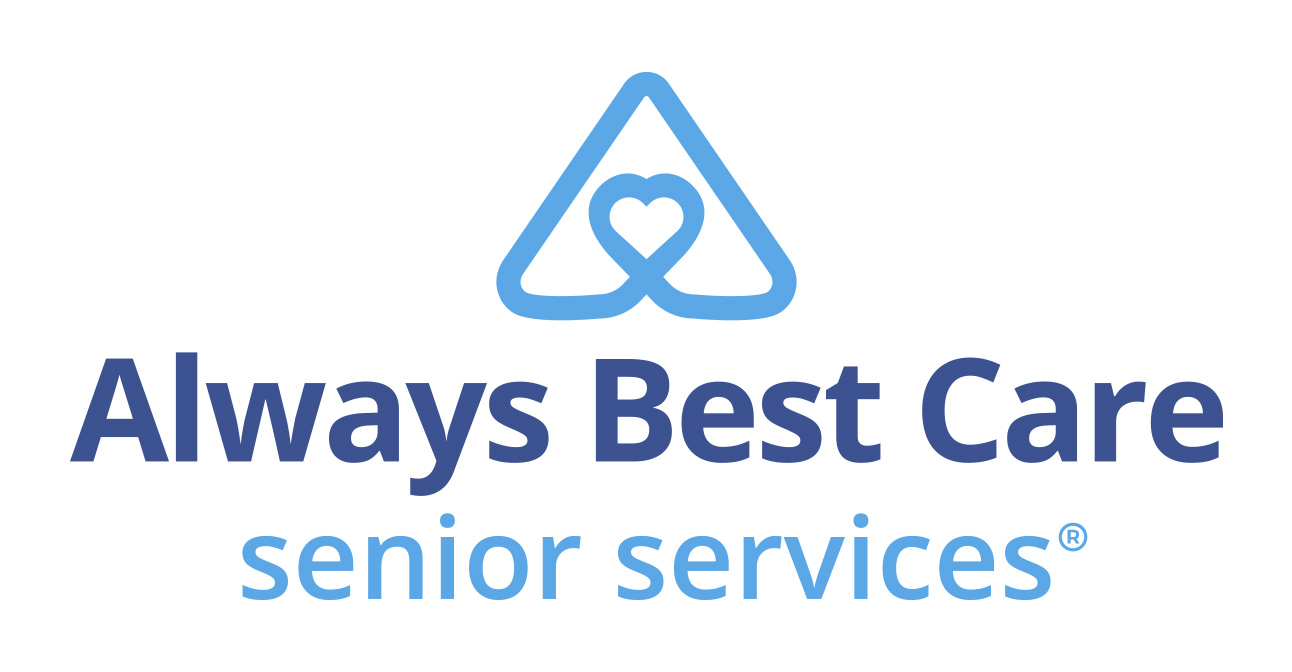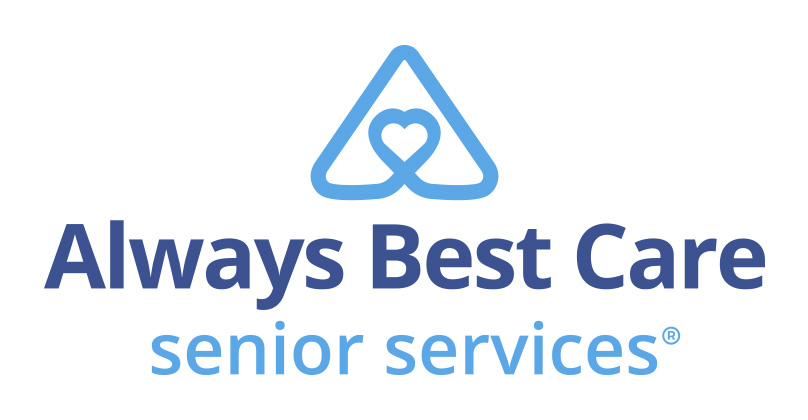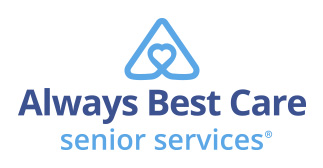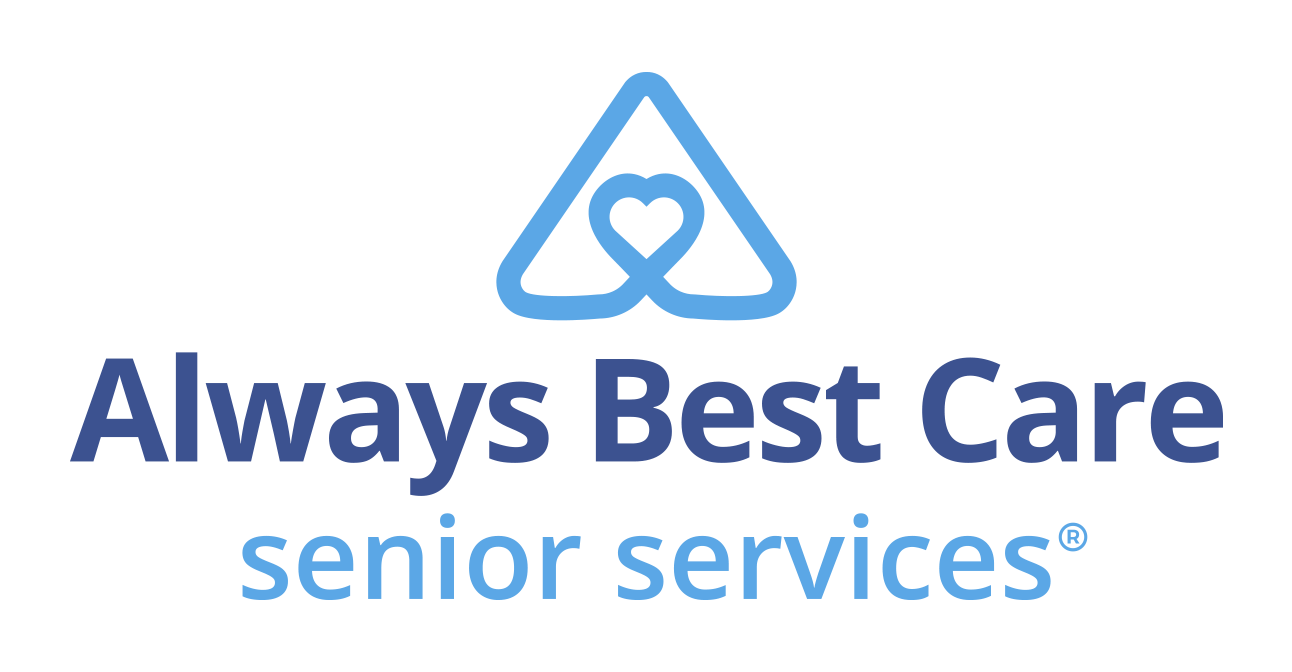The U.S. Government Accounting Office predicts that by 2020 the number of older Americans living alone with no living children or siblings will be 1.2 million. That figure for “solo agers,” or “elder orphans,” is almost double the reported figure in 1990. Because family members provide 70 to 80 percent of eldercare, those without family must cope with aging issues on their own.
Many older adults rely on their children for end-of-life issues and give them power of attorney for financial matters or health concerns. For those lacking family resources, it’s even more imperative to establish end-of-life documents such as powers of attorney, wills, living wills and advanced directives. For those who don’t leave wills, the courts will decide what to do with your assets in accordance with state laws. Because courts tend to favor blood relatives, no matter how weak the link, your life’s savings could end up with a third cousin in Brazil.
Important Legal Methods
The most comprehensive approach to organizing end-of-life matters is an estate plan, which encompasses your assets as well as your healthcare wishes. By creating a plan, you eliminate the uncertainties of going to court and you reduce taxes and other expenses. An estate plan includes legal, financial and medical powers of attorney, a will, trusts and beneficiary designations. In the event of future incapacity, such as dementia, an estate plan outlines your wishes about health, asset disposition and medical care. An effective estate plan also provides options for determining incapacity.
To create this often complicated legal document, it is best to hire a board-certified estate planning lawyer. If you can’t afford a lawyer, local senior service or legal aid organizations often offer services at a reduced cost or at no charge. Estate plan advice is also available on the Internet, and online estate planning programs can help you organize information and help you create your plan.
Your Certified Senior Advisor is familiar with aging issues and can advise you. The Society for Certified Senior Advisors also offers an Information for Life Kit.
An estate plan can include:
Durable powers of attorney.
You give these powers to someone you trust to make decisions for you, concerning both medical and financial issues. “Durable” refers to the fact that these powers endure if you become incapacitated. (Nondurable powers of attorney become legally invalid when the person is unable to make decisions or care for himself.)
Living will.
This legal document indicates the types of medical treatments and life-sustaining measures you want or don’t want, such as cardiopulmonary resuscitation, feeding tube and mechanical breathing (respiration and ventilation). Your power of attorney is usually the one to make sure your wishes are carried out.
Will.
This sets down your wishes for distributing your non-titled assets (such as a house) after you die. Those include cash in a checking or savings account and personal possessions such as watches, jewelry and household furnishings. You name a person or company as your personal representative or executor to oversee the distribution of your assets according to the will’s instructions. The requirements for a will differ from state to state. If you move to another state, make sure your will is still valid.
Trusts.
With a trust, an individual (grantor) creates a legal structure to transfer personal assets to the trust and appoints a trustee to hold and manage those assets on behalf of a beneficiary. Trusts supersede the instructions in a will, and trust assets are excluded from probate. The use of trusts can help reduce the costs and length of time to settle a person’s probate estate.
One popular form of trust is the revocable living trusts, because individuals can establish them to manage their assets during their lives and revoke or change them as their interests and needs change. They are also an excellent tool for elder orphans, because they comprehensively list what happens if the grantor is incapacitated, and the trustee takes over the management of the assets. Revocable living trusts can also be useful in asset distribution after death.
Beneficiary designations.
You can name a beneficiary for financial assets such as a stock market fund or insurance policy or designate your favorite charity as the recipient of some of your wealth. Beneficiary designations take legal precedence over a will or trust. It’s a good idea to regularly review your named beneficiaries and make any necessary updates.
Another tool especially helpful for solo agers is long-term-care insurance, which covers expenses of longer-term treatment such as home healthcare, adult day care, assisted living and nursing-home care. Premiums for this kind of insurance are often thought to be expensive, but a properly designed plan can often fit into most budgets and could save you money in the long run. For those who can’t depend on children to take care of them, long-term-care insurance can offer peace of mind.
Who Can You Trust?
As a solo ager, who can you trust to carry out your wishes if you become incapacitated or die? You may first think of friends, neighbors or a fellow church member. But friends are often close to your own age and may not survive you or be in any shape to take over your affairs. Neighbors and church members can move or prove untrustworthy.
To find an impartial executor or stable institution, many turn to law firms or trust companies. Although these options can be expensive, many seniors are willing to pay the costs because they don’t have family connections or may prefer not to rely on their family members.
In many states, professionals such as geriatric care managers, adult protection workers and patient navigators can legally serve in this role and receive payment for their services. For more on geriatric care managers, see sidebar.
Fiduciary Service
Another solution is a personal fiduciary service through a person or firm such as a bank, trust company or registered investment adviser (RIA). The fiduciary legally serves as a trustee, executor, personal administrator or discretionary agent responsible for managing your assets. Personal fiduciaries must follow performance standards defined generally by common law, statutes, rules and regulations, or specifically by contracts, trust agreements or wills (”Personal fiduciary services,” Wikipedia).
When a state or federally chartered bank provides personal fiduciary services, they are regulated by state and federal agencies, including the FDIC, the Federal Reserve and the Office of the Comptroller of the Currency. When an RIA offers these services, they are subject to a standard of care set out in the U.S. Investment Advisers Act of 1940 and related rules from the Securities and Exchange Commission.
Private fiduciary services, such as Senior Planning Services in California, assist “vulnerable seniors” with daily care, housing and medical needs and financial management services ranging from basic bill paying to estate and investment management. State statutes govern private fiduciaries. What you pay will depend on the fiduciary service and the level of duties. Costs could involve fixed fees and/or asset-based fees as a percentage of total assets.
Another outlet for providing both financial and health assistance is chronic care advocacy, which encompasses every aspect of chronic care. A few law firms around the country offer these services.
To print this article CLICK HERE
